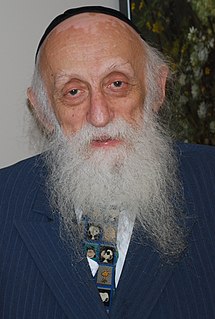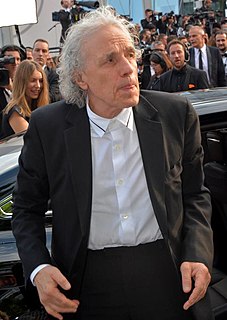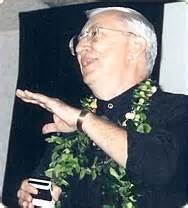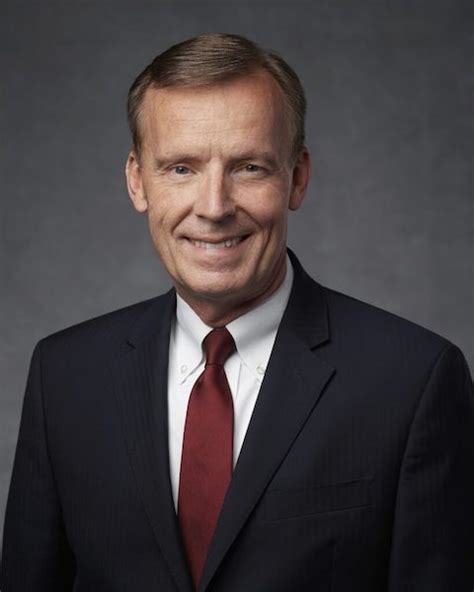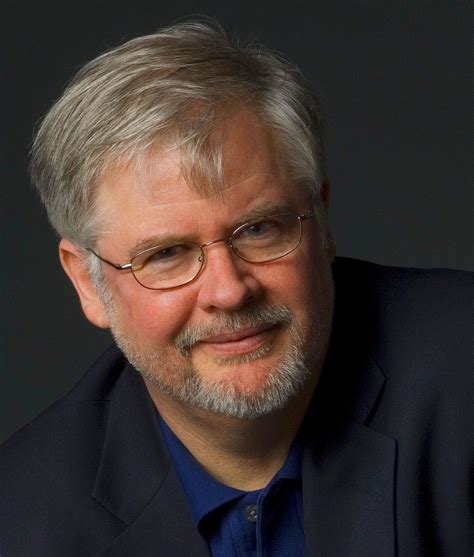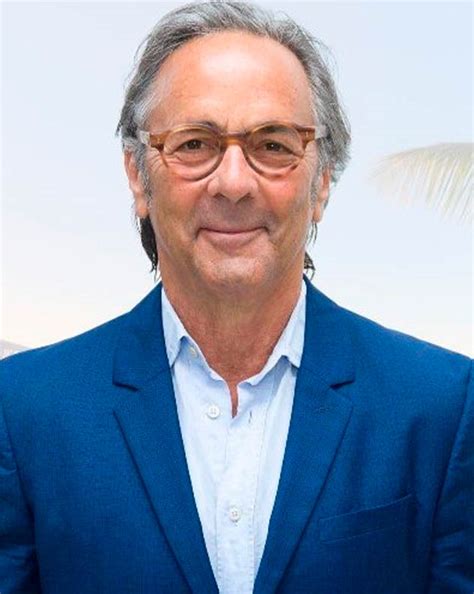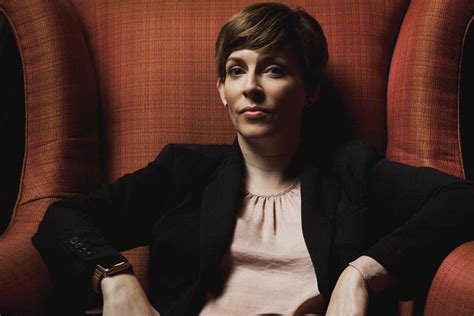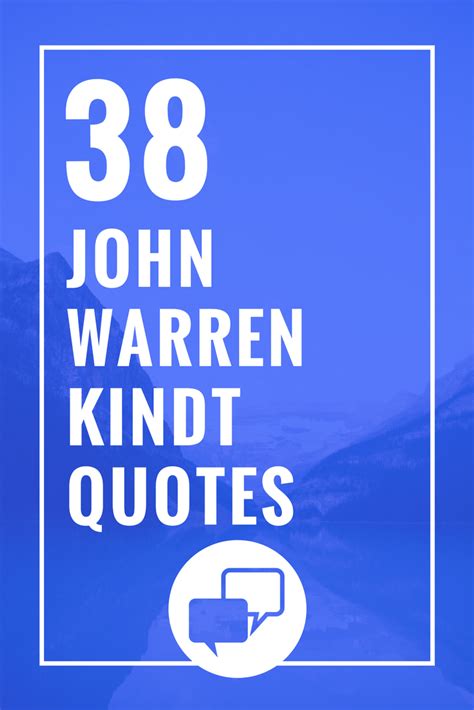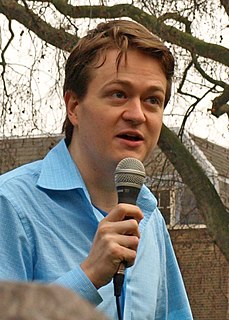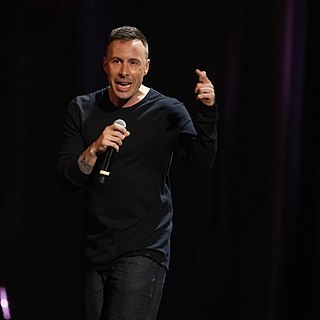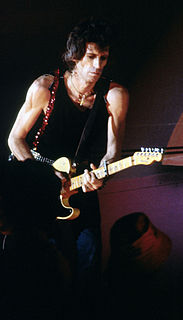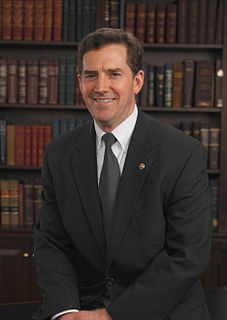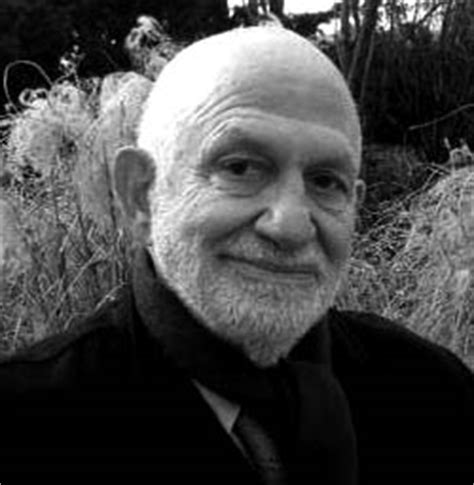Top 839 Addiction Quotes & Sayings
Explore popular Addiction quotes.
Last updated on April 14, 2025.
You could almost say that throughout human history there are people who can either foresee consequences or who are capable of looking for information and predicting the consequences will happen, but the vast majority of people won't respond to climate change until their city is underwater, food supply is disrupted or everyone around them is dying of zoonotic disease. It's almost like someone dealing with an addiction, like you hope that the person can overcome the addiction before the addiction kills them.
Work addiction seems to be an addiction we are proud of. We almost seem to brag with mock displeasure that we are "overwhelmed" with busyness, sometimes as an excuse for not really being able to do what we really want to be doing. Work addiction is a symptom not of working your brains out but of your brain working you out. Why are you doing what you're doing for a career and how do you like doing it? Do you like your answer?
The drivenness in any addiction is about the ruptured self, the belief that one is flawed as a person. The content of the addiction, whether it is alcoholism or work, is an attempt at an intimate relationship. The workaholic with her work or the alcoholic with his booze are having a love affair. Each alters mood to avoid the feeling of loneliness and hurt in the underbelly of shame.
I feel very blessed that at a young age I was able to navigate my battle with drug and alcohol addiction, and through recovery live a sober life. There is such a stigma attached to addiction and it was hard for me to both confront and overcome it. I am very proud and grateful that with the support of family and friends, I was able to do so.
I felt that if people understood the struggle of recovery, then some of the stigma of addiction might be reduced because the audience would understand in a palpable way that addiction is a disease that tells the afflicted, despite years or even decades of heartbreaking evidence to the contrary, that using will make things better.
The first several scenes are about sexual addiction. They're not specifically political at all... I didn't sit down and think, ''I am going to write something about the religious right.'' I started out by writing something about sexual addiction, and it evolved... I don't look at a calendar and say: ''Oh! There's going to be an election in 1996. I think now, in 1993, I'll start writing a play that'll be ready for it.''
Marijuana is not addictive. People are the addicts and they will find a substance or a belief that will feed the addiction they need to make their day go away. Meaning one looks for a substance that allows them not to live with who and what they really are. To stop addiction we must treat the patient and stop blaming everyone and everything else but the abuser.
There's traditionally been two different ways of seeing addiction. Either it's a sin and you're a horrible bad person and you are just choosing to be hedonist or it's a chronic progressive disease. And while I certainly believe addiction is a medical problem that should be dealt with by the health system, the way we've conceptualized addiction as a disease is not actually accurate, and it has unfortunately become stigmatizing and it's also created a lot of hopelessness in a lot of people.
I hope 'Warning: This Drug May Kill You' documentary helps to show the humanity of the people who are struggling with the brain disease of addiction because that is what this is - this isn't about bad people, this is about good people who became addiction oftentimes in the process of being prescribed medication for pain.
After a few years of the addiction controlling my online life, and beginning to affect my life offline as well - meeting men and becoming physically involved with them - whether I believed in God or not, to me was moot. Anything that had as much control over my life as this addiction did could not be healthy.
The opposite of addiction is human connection. And I think that has massive implications for the war on drugs. The treatment of drug addicts almost everywhere in the world is much closer to Tent City than it is to anything in Portugal. Our laws are built around the belief that drug addicts need to be punished to stop them. But if pain and trauma and isolation cause addiction, then inflicting more pain and trauma and isolation is not going to solve that addiction. It's actually going to deepen it.
Once and for all, people must understand that addiction is a disease. It’s critical if we’re going to effectively prevent and treat addiction. Accepting that addiction is an illness will transform our approach to public policy, research, insurance, and criminality; it will change how we feel about addicts, and how they feel about themselves. There’s another essential reason why we must understand that addiction is an illness and not just bad behavior: We punish bad behavior. We treat illness.
Like Sylvia Plath, Natalie Jeanne Champagne invites you so close to the pain and agony of her life of mental illness and addiction, which leaves you gasping from shock and laughing moments later: this is both the beauty and unique nature of her storytelling. With brilliance and courage, the author's brave and candid chronicle travels where no other memoir about mental illness and addiction has gone before. The Third Sunrise is an incredible triumph and Natalie Jeanne Champagne is without a doubt the most important new voice in this genre.
Every addiction arises from an unconscious refusal to face and move through your own pain. Every addiction starts with pain and ends with pain. Whatever the substance you are addicted to - alcohol, food, legal or illegal drugs, or a person - you are using something or somebody to cover up your pain.
I do a lot of drug and alcohol speaking with people to stop addictions. I'm not a Bible-thumper. I don't preach like that. I tell people that has addictions: "If you want your addiction cured, it begins right here. It begins right here." Jesus Christ is not a genie in a bottle. You got me? Jesus Christ can help you get through anything but even with addiction, he's not going to say 'hocus pocus, your addiction's gone'! You have to say: "I'm done!" It all begins right here in your mind.
Cognitive states of mind are seldom addictive, since they depend upon exploration of the world, and the individual encounter with the individual object, whose appeal is outside the subject's control. Addiction arises when the subject has full control over a pleasure and can ponder it at will. It is primarily a matter of sensory pleasure, and involves a kind of short-circuiting of the pleasure network. Addiction is characterized by a loss of the emotional dynamic that would otherwise govern an outward-directed, cognitively creative life.
Because addiction is a developmental problem, the developmental stage is important, things like employment are important, things like having a sense of purpose, meaning and hope are important, and this is why there's been so many spiritual cures for addiction, because those things often give people a sense of meaning and purpose.
I knew as a young boy that addiction and alcoholism afflict people - good, loving people - in profound ways, and that some people - usually from those rare "normal" families that I longed for as a child and as an adult wonder if they even exist - didn't understand this and sort of looked down their noses at people suffering with addiction.
[T]he truth is that drug addicts have a disease. It only takes a short time in the streets to realize that out-of-control addiction is a medical problem, not a form of recreational or criminal behavior. And the more society treats drug addiction as a crime, the more money drug dealers will make "relieving" the suffering of the addicts.
Any physical addiction, it doesn't matter how long they've been taking it or how full of it their body is, and addiction, would, between three and thirty days, be completely cleared from the system. Usually closer to three days than thirty days. But it is the emotional craving that must be tended to.
I think the scariest addiction on this planet is to alcohol. Because alcohol is a very addictive drug, and it ruins families, it ruins relationships. And it is socially acceptable, and it is easy to find. Controlled substances, other drugs are more difficult to get, and it's a crime to... to buy them. But alcohol is everywhere. And if you are unfortunate enough to become addicted to it, it can be disastrous. And there is still a stigma attached to alcohol addiction, or addiction in general. It is perceived as... an addict is perceived as somebody of weak moral fiber
Addiction is more malleable than you know. When people come to me for therapy, they often ask me whether their behavior constitutes a real addiction (or whether they are really alcoholic, etc.). My answer is that this is not the important question. The important questions are how many problems is the involvement causing you, how much do you want to change it, and how can we go about change?
It seemed that the problem of Americans overdosing and dying from drug addiction was being described as bad people, particularly kids, who were abusing good drugs. But Sheila Nevins, the president of HBO Documentary Films, and I were particularly interested in finding out the stories of people and families who had been ravaged by this disease of addiction and understanding what really was happening. What we found was that, and let's not make any mistake about it, this is an epidemic of addiction.

